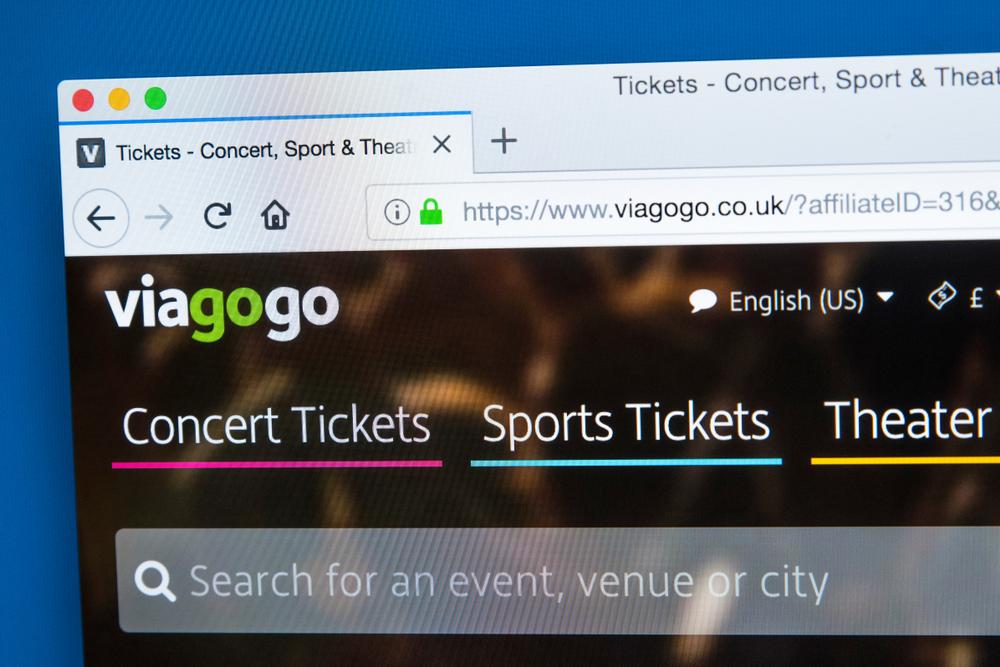
Google (NASDAQ: GOOG) is facing pressure from MPs, music fans and the Football Association to stop listing Viagogo, the ticket website, at the top of the search engine’s results.
An open letter sent to top Google executives said that the top search rankings are encouraging consumers to buy tickets to events that may be invalid.
The letter referred to legal proceedings brought against the ticket resell site by the Competition and Markets Authority last month.
“In effect, one of the world’s most trusted brands – Google – is being paid to actively promote one of the least trusted,” the letter said.
“We understand that Viagogo is a valuable client to Google, spending considerable sums each year on paid search advertising. However, we urge you to protect consumers who daily put their trust in Google, and act now to restrict Viagogo’s ability to pay for prominence.”
A spokesperson for Viagogo said: “All tickets listed on viagogo are valid. It is perfectly legal to resell a ticket if you want to. Any promoter trying to cancel a genuine ticket is not acting in the interests of fans.”
The site has received a barrage of criticism from MPs, trade bodies and associations from the worlds of sports, theatre and music.
Sharon Hodgson, a Labour MP who signed the open letter, said: “I have heard too many times from distressed customers of Viagogo that they were led to the website because it was at the top of their Google search. It is totally wrong that a trusted website like Google would direct consumers to such an untrustworthy website.”
“Google needs to take action in order to protect consumers, and I look forward to working with them on this in the very near future,” she added.
A spokesperson for Google said: “The CMA has been looking at the business practices of ticket resellers. We await the conclusion of these inquiries and we hope that they will clarify the rules in the interests of consumers. We will abide by the rulings of these inquiries and local law.”
A survey from data analysis website SimilarWeb found that 75 percent of Google’s traffic comes from the referral of search engines.



